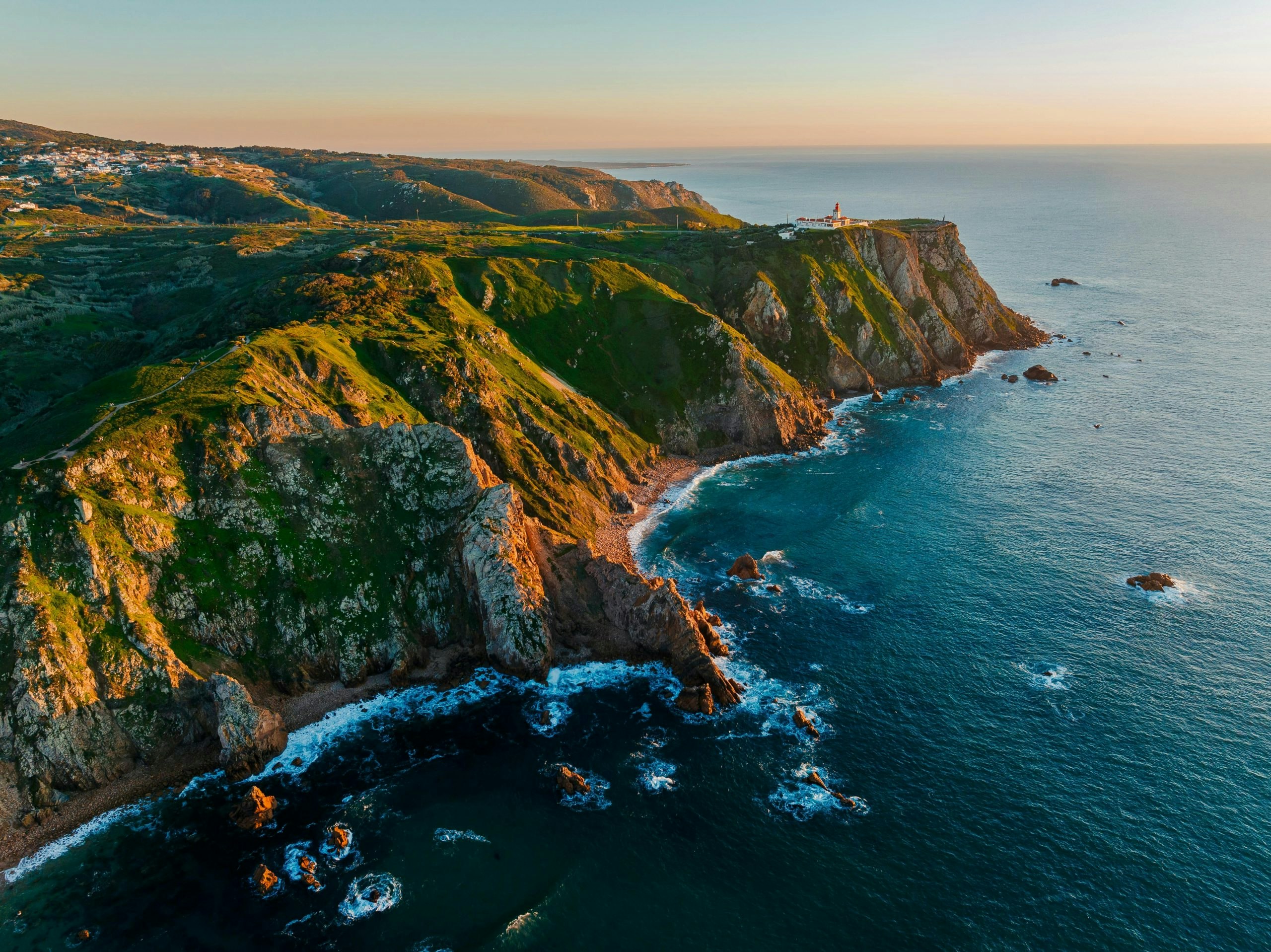• Chaperoned — $450 + airfare
• Independent — $150 + airfare
• Book your own — $0
Your advisor will help you choose.
| Find out when new dates are available |
Adventure to the “Roof of Africa” on this seven-day trek to Africa’s highest peak and the world’s tallest freestanding volcano. Start with an introduction to the unique culture of the region as you engage in community activities, learn tribal history, and acclimate to prepare for your expedition. Considered a non-technical climb, the route up Mt. Kilimanjaro is highly challenging but conquerable by anyone with good physical and mental fitness. Hike along scenic trails each day and spend your nights sleeping in tents under the stars. After several days of climbing, wake before dawn for your final ascent to the summit where you’ll stand above the clouds and look down on some of the finest views in Africa. End in Arusha where you’ll explore the local markets and enjoy a farewell feast with your hiking companions.
Students love the shared camaraderie that comes from challenging themselves and each other to summit Mt. Kili!

Portugal & Germany: European Adrenaline
Portugal’s coasts and Germany’s Alps
Age 14-18
$6790 plus Airfare
Packing the right gear (and the right amounts) is the first step to an incredible travel experience. Follow these tips to pack like a pro:
Travel light. Pack only the essentials. You’ll need less than you think!
Bring the right clothes. Pack clothes that are culturally appropriate for your destination and acceptable for service projects. This means bringing long shorts (think Bermuda and basketball shorts), t-shirts with sleeves to cover shoulders, and appropriate footwear.
Leave your valuables behind. While traveling, it’s easier for things to get lost, stolen, or damaged. Keep any prized possessions safe at home.
Check with TSA. Make sure your luggage complies with TSA regulations, especially your carry-on. Useful tip: Pack an empty water bottle and fill it up after security.
Extra paperwork? If you need additional forms filled out to get credit for your service hours, no problem! Bring these forms with you so they can be completed in-country.
Rustic Gear. Want to get all the basic travel gear in one place? We’ve got you covered. Check out Rustic Gear and get the basics sent right to your door. Please remember, Climbing Kili requires essential, program-specific gear that is not included in the Rustic Gear kit.
A 25-30 Liter daypack or backpack with hip straps is ideal as this will also be the daypack you use during the climb. On the program, you will use it to carry 3L of water, camera, raincoat, lunch pack, snacks, and warm clothing.
A duffel bag or backpack is ideal, large enough to fit all your clothes and climbing gear. Suitcases/wheeled bags are not suitable on this program.
Clothes
Optional Clothes
Toiletries
(Travel size bottles in Ziploc bags)
Miscellaneous